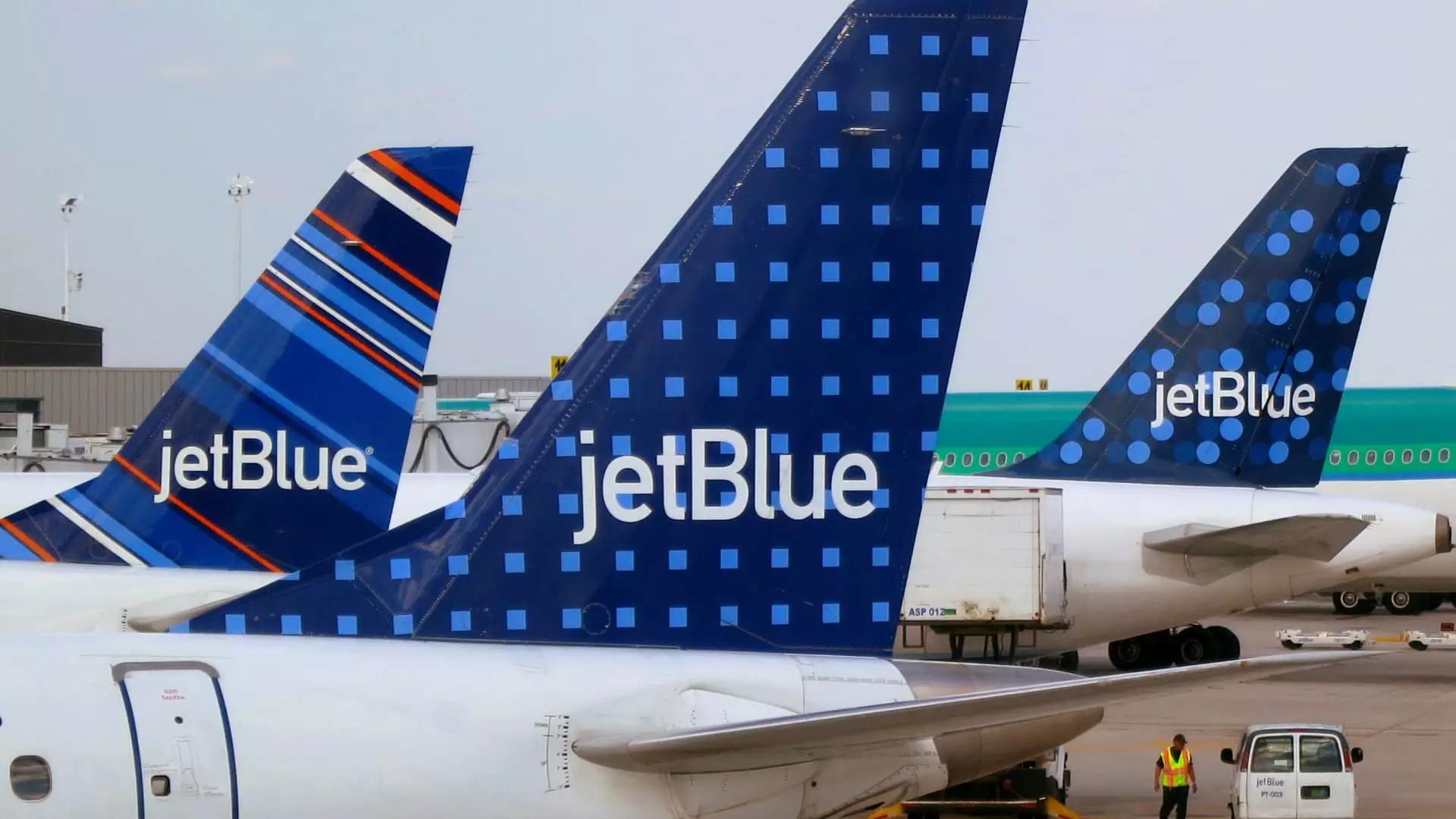In a landmark decision reflecting growing accountability in the airline industry, the U.S. Department of Transportation (DOT) slapped JetBlue Airways with a hefty $2 million penalty. This financial reprimand is notable not only for its size but also because it marks the first time the DOT has penalized an airline specifically for chronically delayed flights. The decision emphasizes an ongoing effort by governmental authorities to hold airlines accountable for their operational shortcomings and ensure that flight schedules align more closely with actual performance.
The basis for the fine came from a review covering the period between June 2022 and November 2023, during which JetBlue reported significant delays on four routes. These routes include long-haul connections from New York’s JFK International Airport to Raleigh-Durham, and various domestic flights within Florida and to Connecticut. The DOT discovered that JetBlue was responsible for nearly 70% of the disruptions on these routes, indicating a systematic issue rather than isolated incidents.
The DOT provides a definition for ‘chronically delayed’ flights, identifying them as those that operate at least ten times a month yet arrive over 30 minutes late more than half the time. Using this definition, JetBlue’s operational patterns drew scrutiny, leading to the investigation that ultimately culminated in the fine. Critically, this revelation raises questions about other airlines’ scheduling practices, as the DOT is investigating additional airlines for similar issues. The implication is clear: air travel consumers deserve reliability, and the DOT is placing pressure on airlines to ensure their schedules reflect operational realities.
JetBlue’s response to the fine underscores a broader narrative within the airline industry. In its public statement, the airline urged that accountability shouldn’t rest solely on its shoulders; rather, it emphasized the need for improvements in the nation’s air traffic control system. This sentiment is shared by executives across the airline industry, including leaders from Delta and United Airlines, who have been vocal about the need for modernization and increased staffing in air traffic management.
The assertion that U.S. air traffic control technology needs an upgrade is a valid and pressing concern. With JetBlue operating out of some of the busiest airspace globally, it becomes increasingly critical to have an efficient system that can handle the demands of modern air travel. The interdependence of airlines and their operational environments—such as air traffic control—is a key theme in the ongoing discussions about improving reliability and customer satisfaction in flight operations.
Looking forward, JetBlue’s $2 million penalty may serve as a catalyst for change. The airline’s recent on-time performance record has shown improvements, rising to 71.3% of flights arriving on time from January to September 2024, compared to 64.9% during the corresponding timeframe the previous year. This uptick in performance suggests that JetBlue might be making strides in rectifying its scheduling issues. However, the questions surrounding its operational practices will likely persist as both regulators and consumers demand ongoing transparency and accountability.
Moreover, with the DOT committing to rigorously enforce standards around flight delays, this new environment may encourage airlines to reassess their scheduling strategies. It is pivotal for the industry to strike a balance between accommodating passenger demand and maintaining realistic flight schedules. If airlines cannot deliver on service promises, they may face increased scrutiny and potentially devastating financial penalties.
The situation surrounding JetBlue Airways is emblematic of the broader issues that have long plagued the airline industry. As scrutiny increases and regulations tighten, airlines must adapt not just to remain compliant but to improve their overall service delivery. The JetBlue case serves as a wake-up call not just for the airline, but for the entire industry to prioritize reliability and transparency in flight operations.
As the air travel landscape continues to evolve, stakeholders—including regulatory bodies, airline executives, and passengers—must work collaboratively to ensure that the advancement of technology and infrastructure keeps pace with consumer expectations. Ultimately, the goal should be a reliable, safe, and efficient travel experience for all, which starts with accountability and an honest reflection on current practices.

Leave a Reply